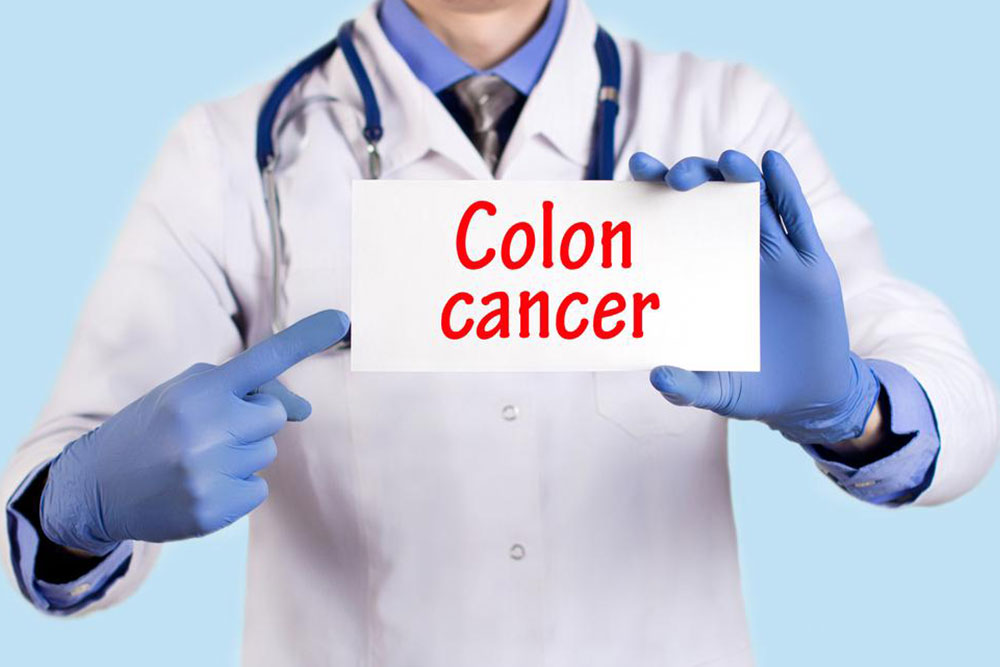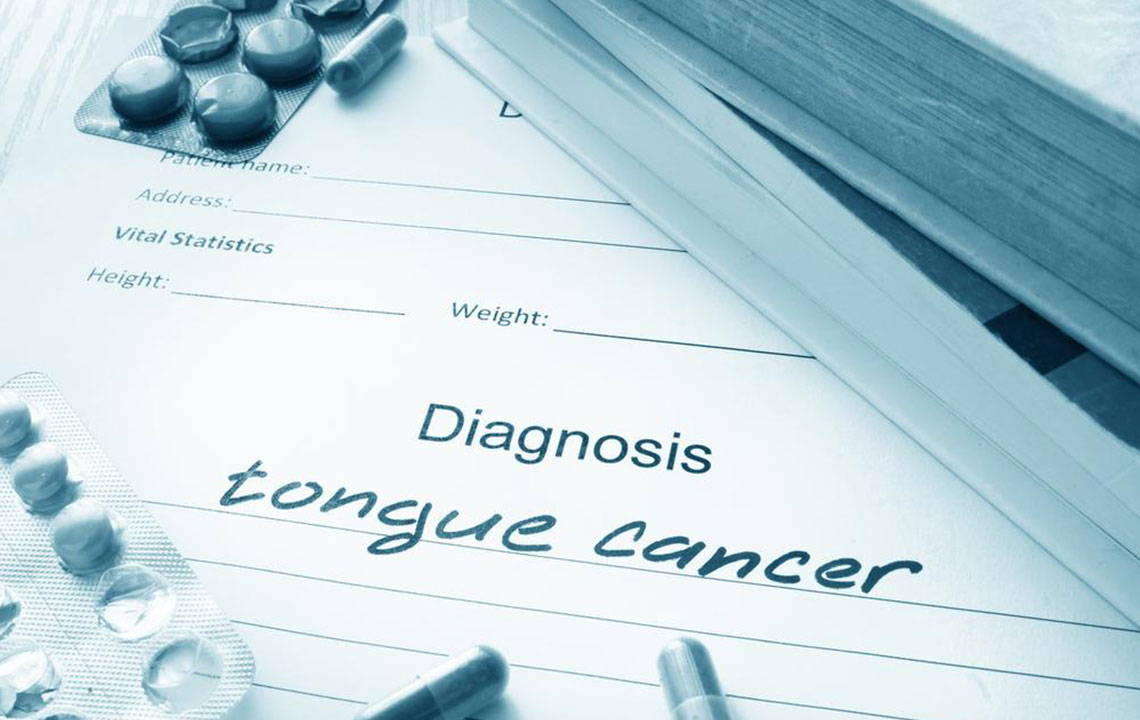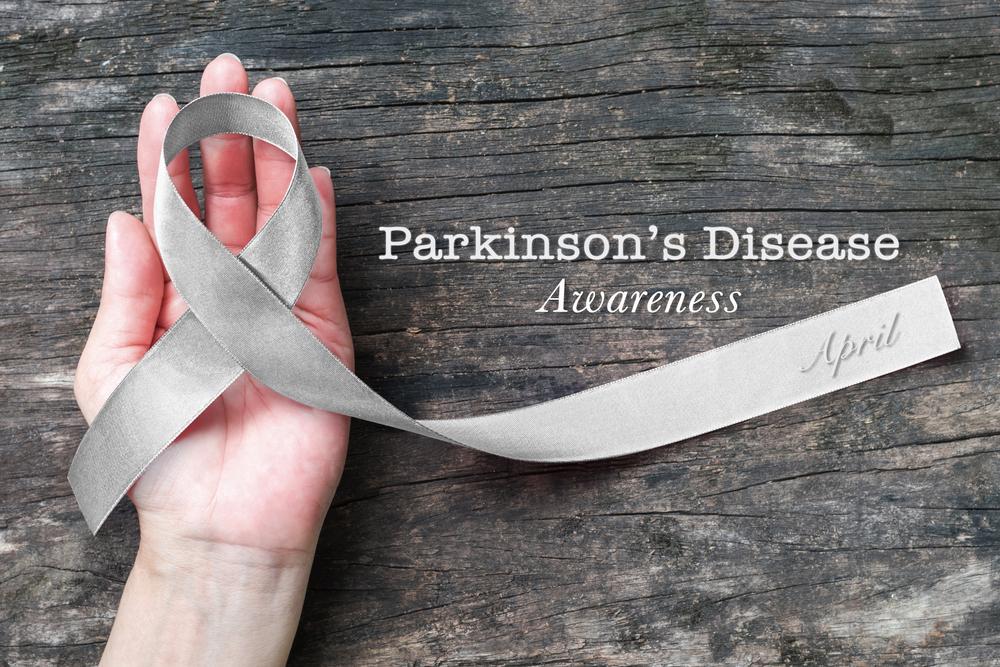Recognizing the Key Early Signs of Colorectal Cancer for Better Outcomes
Recognizing early signs of colorectal cancer, such as persistent abdominal pain, blood in stool, and changes in bowel habits, can significantly improve treatment outcomes. Regular screening and prompt medical evaluation are crucial for early detection, especially for those at higher risk. Early diagnosis can save lives by enabling less invasive and more effective treatment options, making awareness and vigilance key components of colorectal health.

Recognizing the Key Early Signs of Colorectal Cancer for Better Outcomes
Colorectal cancer, also known as colon cancer or bowel cancer, is a significant health concern globally, ranking among the top three most common cancers and being a leading cause of cancer-related mortality. Many individuals diagnosed in the early stages experience minimal symptoms, which can lead to delayed diagnosis and treatment. Therefore, understanding and identifying early warning signs are essential steps toward early detection and improved prognosis. This comprehensive guide illuminates the key indicators that may signal the presence of colorectal cancer, emphasizing the importance of prompt medical evaluation.
Persistent Abdominal Discomfort – While occasional stomach or abdominal pain can be linked to minor issues like indigestion or dietary habits, ongoing or severe discomfort that persists beyond a few days warrants attention. Unusual pain located in areas where you typically don’t experience discomfort, especially if it’s persistent or worsening, may be a sign of underlying complications such as tumor growth or inflammation. Paying close attention to the duration, frequency, and intensity of abdominal pain can help in early diagnosis. Keeping a symptom diary can be beneficial when consulting your healthcare provider.
Presence of Blood in Stool – One of the most alarming and unmistakable physical signs of colorectal issues, including cancer, is seeing blood in your stool. The blood can vary in color from bright red to dark maroon or black, which may indicate bleeding from different parts of the digestive tract. Even small amounts of blood should not be ignored, especially if accompanied by other symptoms like pain, change in bowel habits, or weight loss. Blood in stool can be caused by a range of conditions, but its presence warrants urgent medical investigation. Your healthcare provider may recommend diagnostic tests such as a colonoscopy to identify the exact cause.
Changes in Bowel Habits – Sudden or persistent alterations in normal bowel movements should be taken seriously. These include prolonged diarrhea, constipation that lasts several days, or stools that are noticeably narrower than usual. If these symptoms last longer than a week or are associated with other issues like abdominal pain, fatigue, or unintentional weight loss, it’s important to seek medical counsel. Such changes can be indicative of growths or tumors in the colon or rectum. Early diagnosis facilitates effective treatment options and greatly improves survival chances.
Early detection of colorectal cancer is critical as it significantly improves the chances of successful treatment and survival. Despite the widespread awareness of this disease, many cases are diagnosed at advanced stages due to subtle or overlooked symptoms. Regular screening programs, especially for individuals over the age of 50 or those with a family history of the disease, are highly recommended. Diagnostic procedures such as colonoscopies remain the definitive method for detecting early-stage cancer or precancerous lesions. Maintaining awareness of early signs and seeking prompt medical care can save lives, emphasizing the importance of vigilance in maintaining colorectal health.





